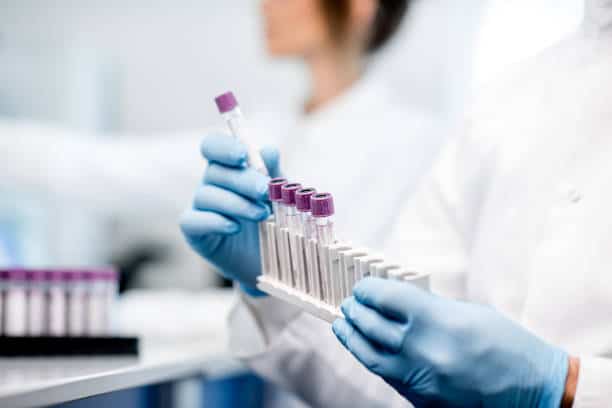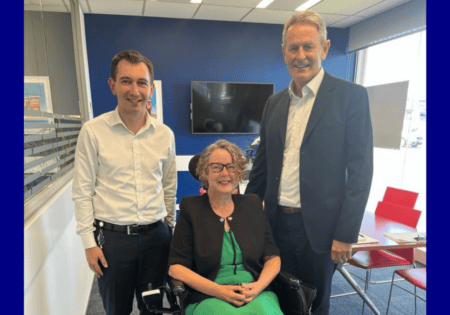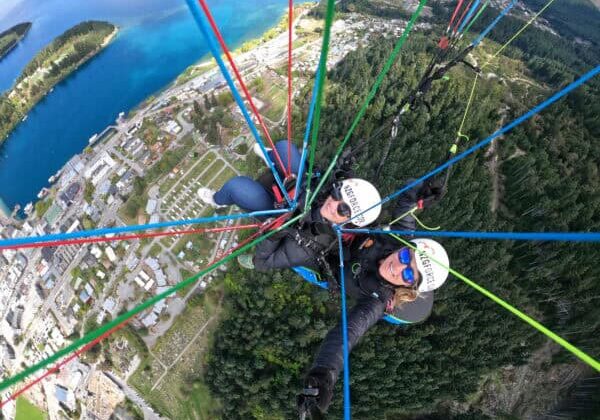Lighthouse II Trial Phase 3 underway
Genetics, Research
21 November 2022

Update from Dr Alan Stanley, Consultant Neurologist and Principal Investigator for Lighthouse II Phase 3 clinical trial.
Lighthouse II is an international clinical trial looking at whether human endogenous retroviruses (HERVs) play a role in motor neurone disease (MND), and whether anti-retroviral therapy might slow the progression of the disease.
HERVs are ancient viruses that have left their genetic material in our DNA during the human evolution, with the material accounting for 8-10% of human DNA.
It is thought that in some people, this old genetic material may become activated and is believed to be a cause of MND.
Phase 1 and 2
Phase 1 and 2 of the trial took place internationally, and indicated that Triumeq, a drug that is used to treat patients with the human immunodeficiency virus (HIV), had an overall reductive impact on MND disease progression and mortality rates.
All the disease measurements showed a similar trend with Triumeq treatment decreasing MND progression over the 6-month treatment period. It should be noted however that this was an open-label trial and thus there is a potential placebo effect for the clinical markers.
For the first time in a clinical trial setting, several biomarkers were also investigated to see whether they might be useful in providing simpler and more objective methods to measure disease progression and responses to treatment. The results from these biomarker studies are discussed in depth in the published report from the trial.
Phase 3
Phase 3 of the trial has now commenced, and is a randomised, double-blind, placebo-controlled study. This means that participants will be randomly allocated to receive a treatment with either Triumeq or a placebo (dummy drug).
There are 390 participants worldwide, with participants taking either the Triumeq or placebo for a maximum of 24 months with quarterly assessments.
Of the 390 participants worldwide, 20 of the participants are people with MND from New Zealand. Research teams for this trial are located in Bay of Plenty, Wellington, Christchurch and Dunedin.
A major milestone
The trial is a major milestone for New Zealand, being the first clinical drug trial for MND in the country. The trial and the MND Registry are funded by MND NZ.
As this is the first time New Zealand has collaborated in a large international trial, and with a limited number of research staff available, the research team has needed to limit the number of participants to ensure that the trial is conducted safely and effectively.
One of the important legacies of this first international trial will be establishing systems and processes that can be applied and expanded to accommodate larger trials in the future.
Hear the full update
MND Community Forum research webinar available on demand at:
Timestamp 29:15 for Alan’s talk on trial.


